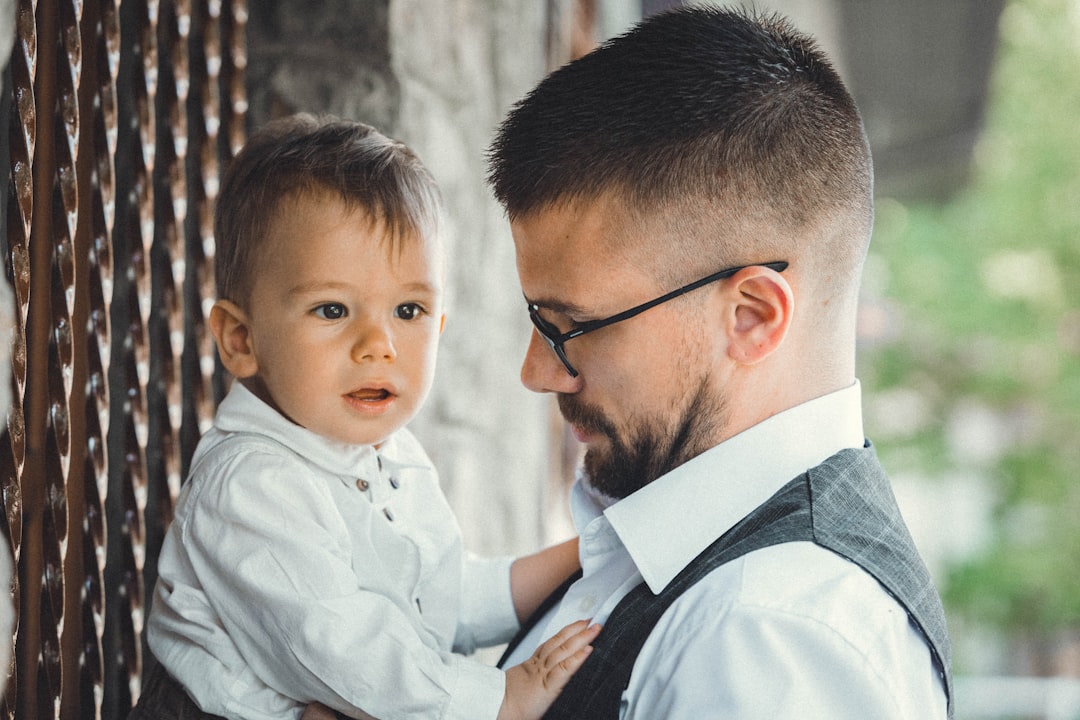Raising a child in today’s fast-paced world presents a complex array of challenges and opportunities. The relationship between parenting and education is pivotal, influencing not just academic success but shaping the emotional and social intelligence of children. This article explores the synergy between diverse parenting techniques and educational styles that can be tailored to individual children to cultivate their unique strengths and foster a lifelong love of learning.
The Harmony of Authoritative Parenting and Structured Educational Frameworks
Authoritative parenting, characterized by a balance of responsiveness and demandingness, is widely admired for its effectiveness in fostering independence, self-regulation, and academic success in children. When this parenting style is paired with structured educational frameworks, such as traditional classroom settings, children often excel. These frameworks provide clear expectations and consistent boundaries, mirroring the home environment established by authoritative parents. This harmony enhances children’s confidence and engagement with learning, providing a stable foundation that supports structured exploration and growth.
Embracing the Montessori Method with Permissive Parenting
Permissive parenting, which emphasizes unconditional love and minimal discipline, aligns well with the Montessori educational approach. This method encourages self-directed learning and hands-on activities, offering children a platform to explore their interests at their own pace. Permissive parents who choose Montessori education often find that its emphasis on independence and respect for a child’s natural psychological development complements their nurturing style. This combination can lead to enhanced creativity and problem-solving skills, although it requires careful monitoring to ensure that children develop appropriate social and academic competencies.
The Impact of Uninvolved Parenting on Educational Outcomes
Uninvolved parenting, which features low responsiveness and low demandingness, can pose significant challenges to a child’s educational journey. Children raised with this style may struggle with self-esteem and lack motivation, as they often receive little guidance or feedback from parents. In educational settings, these children may benefit from high-support environments that compensate for their minimal parental engagement. Schools that offer strong mentorship programs and emotional support can help fill the gaps left by uninvolved parenting, encouraging these children to engage more fully with their education and peers.
Combining Authoritarian Parenting with Competitive Educational Settings
Authoritarian parenting, known for its strict rules and high expectations, might naturally align with highly competitive educational settings. These environments, like preparatory schools, often focus on high academic achievements and discipline, mirroring the child’s home environment. However, this combination can sometimes lead to increased stress and pressure on the child, which might stifle creativity and critical thinking. It is crucial for parents and educators to monitor the child’s stress levels and provide adequate support to ensure healthy emotional and social development.
The Role of Digital Education in Modern Parenting Styles
In the digital age, education extends beyond the classroom through the use of technology. This shift impacts various parenting styles, offering a new platform for educational engagement. Tech-savvy parents might find digital education tools particularly useful in supplementing traditional learning methods, providing interactive and personalized learning experiences that can adapt to a child’s pace and interests. However, reliance on digital tools should be balanced with real-world interactions and activities to ensure a well-rounded development.
In conclusion, there is no one-size-fits-all approach to parenting and education. The effectiveness of combining different parenting styles with educational methods largely depends on the individual needs and personality of each child. By carefully considering these factors, parents and educators can work together to craft an environment that supports a child’s growth into a well-rounded, educated, and capable adult.






